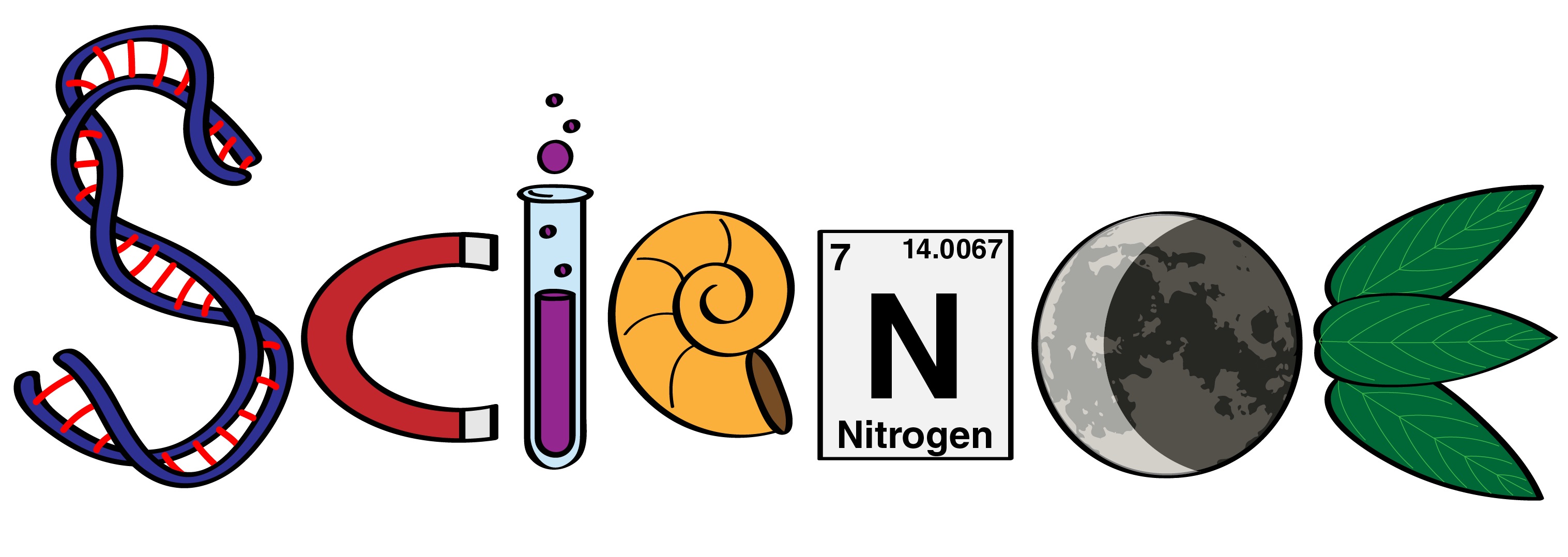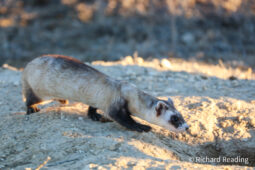
Protecting Wolves, ferrets, prairie dogs, vultures, etc. (start time: 3:39) How effective are Colorado’s efforts to preserve vulnerable species – wolves, black-footed ferrets, bears, prairie dogs and others? And what ingredients make it possible, including throughout the U.S. and the world, for wild animals and humans to get along when their homes overlap? Today How On Earth host Susan Moran continues her conversation with our guest from last week, wildlife ecologist Dr. Richard Reading, Chair of the Colorado Parks and Wildlife Commission, about Colorado’s most recent Wildlife Action Plan, and about other efforts to protect vulnerable species, ranging from butterflies to vultures. Dr. Reading is also Vice President of Science and Conservation at the Butterfly Pavilion.
If you missed our Pt. I conversation with Rich Reading last week, click here.
Hosts: Susan Moran, Joel Parker
Show Producer: Susan Moran
Engineer: Joel Parker
Executive Producer: Beth Bennett
Listen to the show here:
Podcast: Play in new window | Download (Duration: 26:32 — 36.4MB)
Subscribe: RSS




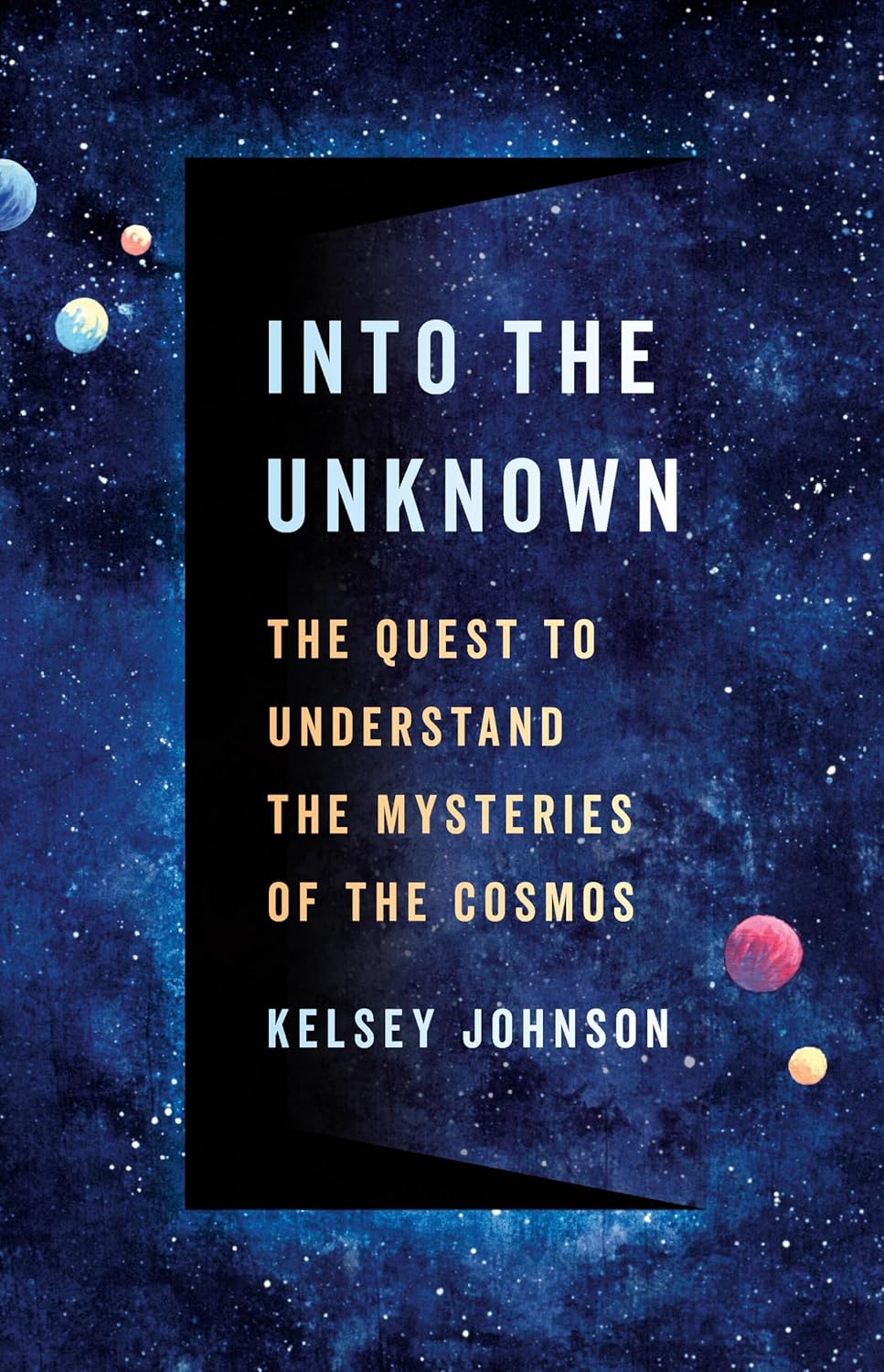 Into The Unknown (starts at 9:05) What do we know about the universe, and how do we
Into The Unknown (starts at 9:05) What do we know about the universe, and how do we 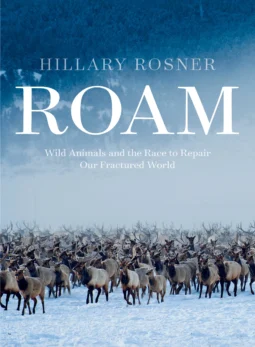
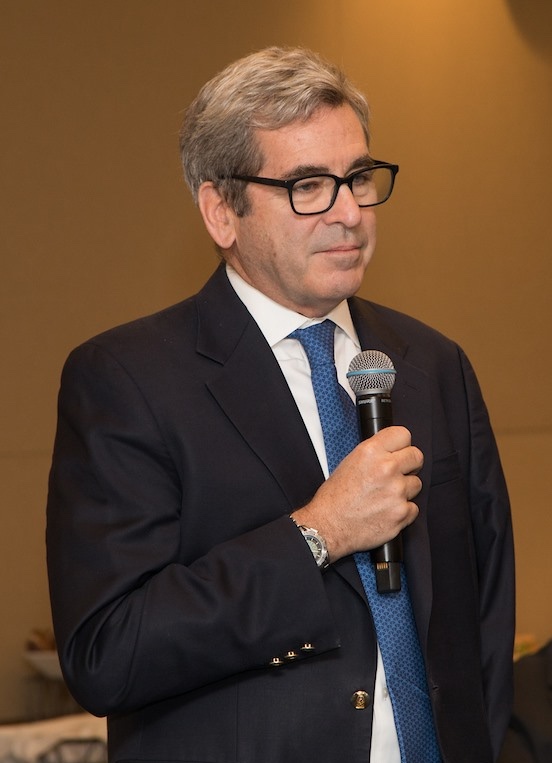 This episode features
This episode features 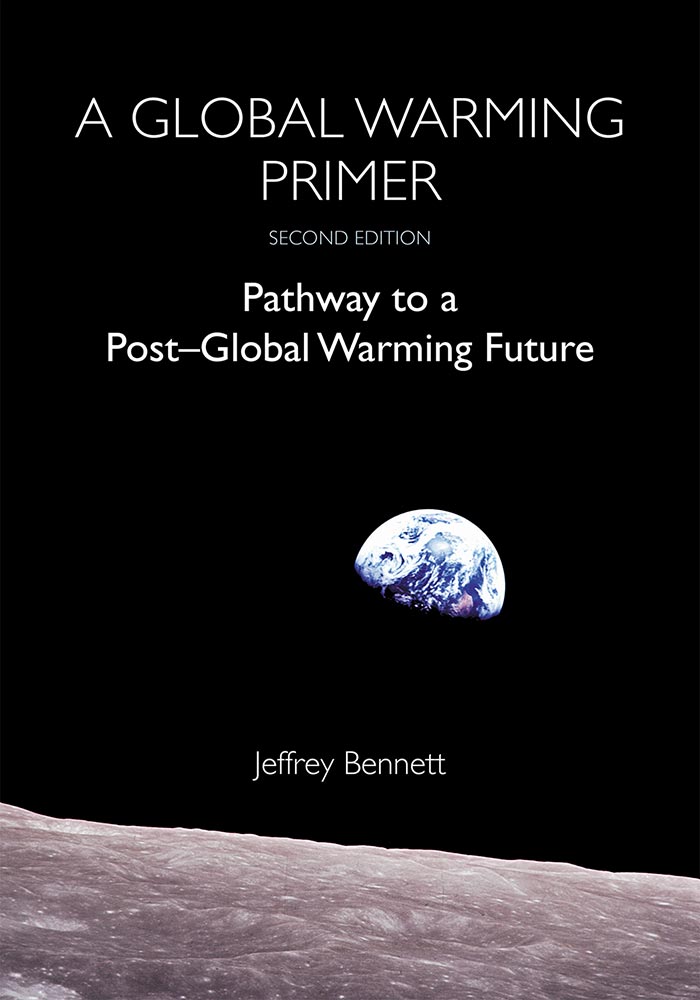 Climate change. Astronomy. A canine astronaut.
Climate change. Astronomy. A canine astronaut. 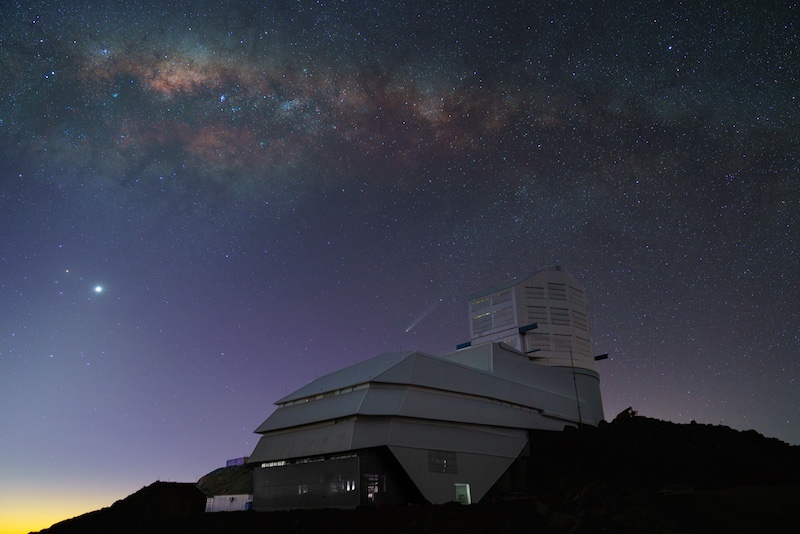 The history of astronomy has many stories of trying to understand our universe, and those stories are connected by a common thread: looking at the sky, whether with our eyes or with increasingly powerful telescopes. The newest entry in this telescopic journey is the
The history of astronomy has many stories of trying to understand our universe, and those stories are connected by a common thread: looking at the sky, whether with our eyes or with increasingly powerful telescopes. The newest entry in this telescopic journey is the 
